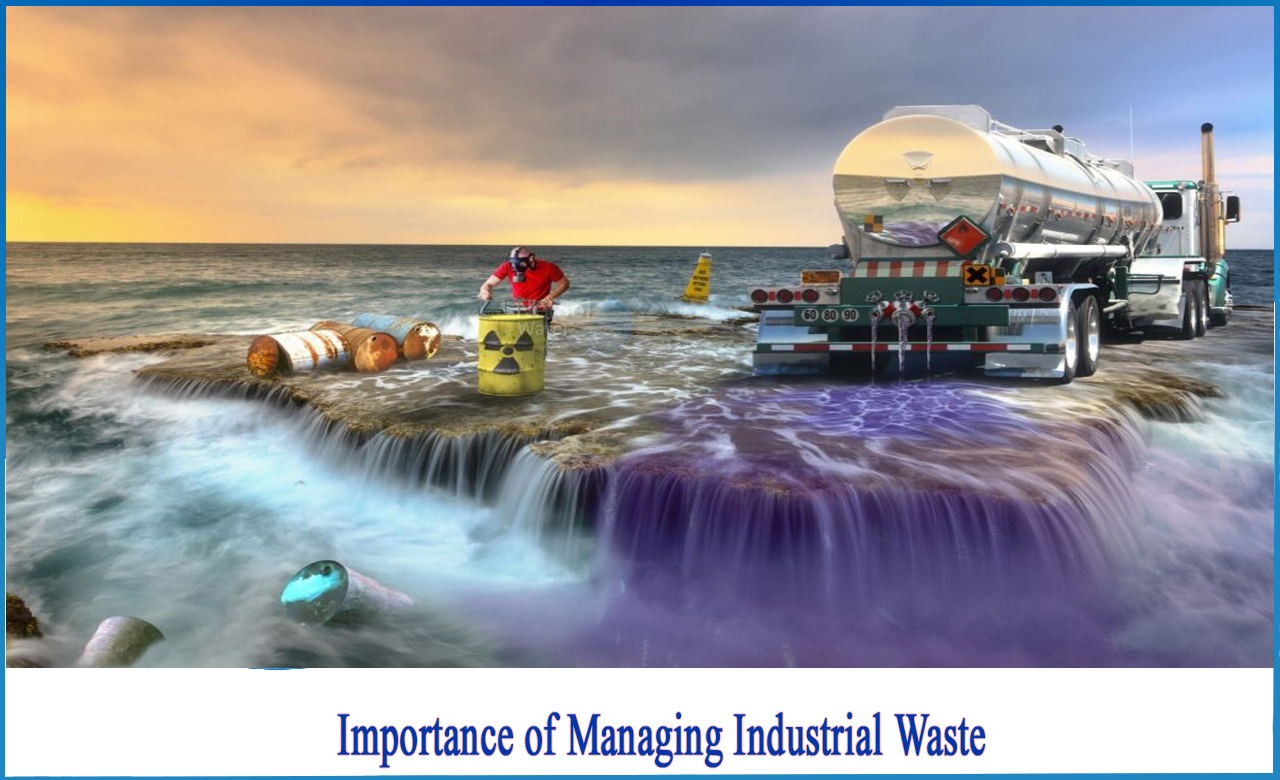Some Known Incorrect Statements About Reclaim Waste
Some Known Incorrect Statements About Reclaim Waste
Blog Article
The Ultimate Guide To Reclaim Waste
Table of ContentsThe Ultimate Guide To Reclaim WasteNot known Factual Statements About Reclaim Waste How Reclaim Waste can Save You Time, Stress, and Money.Some Ideas on Reclaim Waste You Should KnowThe smart Trick of Reclaim Waste That Nobody is Talking About
Domestic sewer waste refers to the waste and products from a household septic storage tank. The correct administration and disposal of residential sewage waste need fluid waste to be transferred to a sewage therapy plant where the proper techniques and tools are applied to cleanse and dispose of waste.
Commercial waste often includes prospective threats, such as flammable products or a combination of liquid and solid waste products, and needs an advanced and thorough disposal process. The disposal of industrial waste commonly involves the filtration of waste before transport to make certain safe and appropriate disposal. Hazardous waste is developed from byproducts and runoff of industrial procedures and manufacturing.
This sort of waste can not make use of the exact same sewage monitoring transportation or processes as septic or industrial liquids. The hazardous waste administration procedure needs the examination and screening of fluid waste prior to it goes through the disposal procedure (liquid waste disposal). Drainage waste is the fluid waste that originates from drainage and excess stormwater in very booming locations or cities
Drainage waste can create contamination and flooding if not managed appropriately. Find out more regarding drain cleaning and waste management. Making sure appropriate waste administration can avoid disasters and reduce ecological injury. Both people in property settings and professionals in business or manufacturing markets can take advantage of understanding the procedures and laws of fluid waste administration.
Not known Details About Reclaim Waste
Contact PROS Services today to discover our waste administration and disposal services and the correct means to take care of the fluid waste you produce.
(https://forums.hostsearch.com/member.php?271151-reclaimwaste1)This supposed 'wastewater' is not only an essential resource however, after therapy, will be launched to our land, rivers or the sea. Utilized water from commodes, showers, bathrooms, kitchen sinks, washings and industrial processes is understood as wastewater.

water used to cool equipment or clean plant and devices). Stormwater, a type of wastewater, is runoff that moves from farming and city areas such as roofs, parks, gardens, roadways, paths and seamless gutters right into stormwater drains, after rain. Stormwater flows neglected directly to neighborhood creeks or rivers, at some point reaching the sea.
Reclaim Waste - An Overview
In Queensland, a lot of wastewater is treated at sewer treatment plants. Wastewater is moved from domestic or industrial sites through a system of sewers and pump terminals, known as sewage reticulation, to a sewer therapy plant. City governments develop, preserve and operate most sewage therapy plants. Operators are accredited under the Environmental Management Act 1994 to release treated wastewater at an acceptable environmental standard right into rivers.
The Department of Natural Resources recommends city governments regarding handling, operating and maintaining sewerage systems and treatment plants. In unsewered locations, city governments might require owners to set up individual or house sewage therapy systems to treat residential wastewater from bathrooms, cooking areas, restrooms and washings. The Department of Natural Resources authorizes using house systems when they are confirmed to be efficient.
Many stormwater obtains no treatment. In some brand-new neighborhoods, therapy of some stormwater to eliminate clutter, sand and gravel has actually begun making use of gross pollutant traps. Wastewater therapy happens in four stages: Gets rid of solid matter. Bigger solids, such as plastics and various other objects mistakenly discharged to drains, are gotten rid of when wastewater is gone through displays.
Wastewater then streams right into huge tanks where solids clear up and are gotten rid of as sludge. Grease and residue are skimmed from the surface area. Uses little living microorganisms referred to as micro-organisms to break down and get rid of remaining liquified wastes and great bits. Micro-organisms and wastes are incorporated in the sludge. Gets rid of nitrogen and phosphorus nutrients that could trigger algal flowers in our waterways and intimidate marine life.
The Basic Principles Of Reclaim Waste
Nutrient elimination is not offered at all sewage therapy plants because it needs expensive specialized devices. Clear fluid effluent produced after therapy might still contain disease-causing micro-organisms - liquid waste disposal.

This typically implies wastewater has to be treated or contaminants removed before it can be discharged to waterways. The majority of wastewater flows into the sewerage system. Under the Act, local governments carry out authorizations and permits for ecologically relevant tasks (Periods) including wastewater releases that might have a neighborhood effect. The department administers authorizations and permits to Ages including wastewater releases that could have a local or statewide visit the website impact.
The 2-Minute Rule for Reclaim Waste
Monitoring offers accurate info concerning water high quality and can verify that licence conditions are being satisfied. The information obtained through surveillance gives the basis for making water quality choices.
Report this page